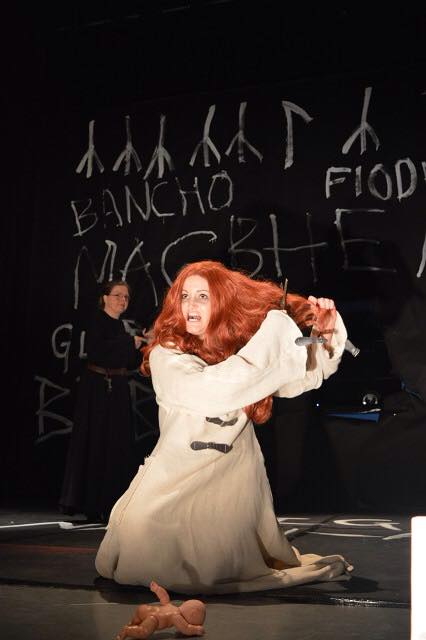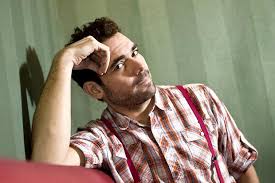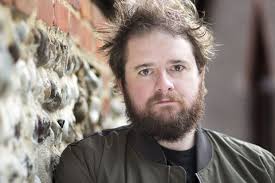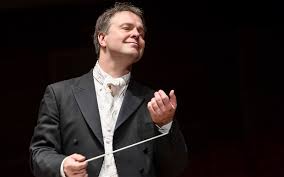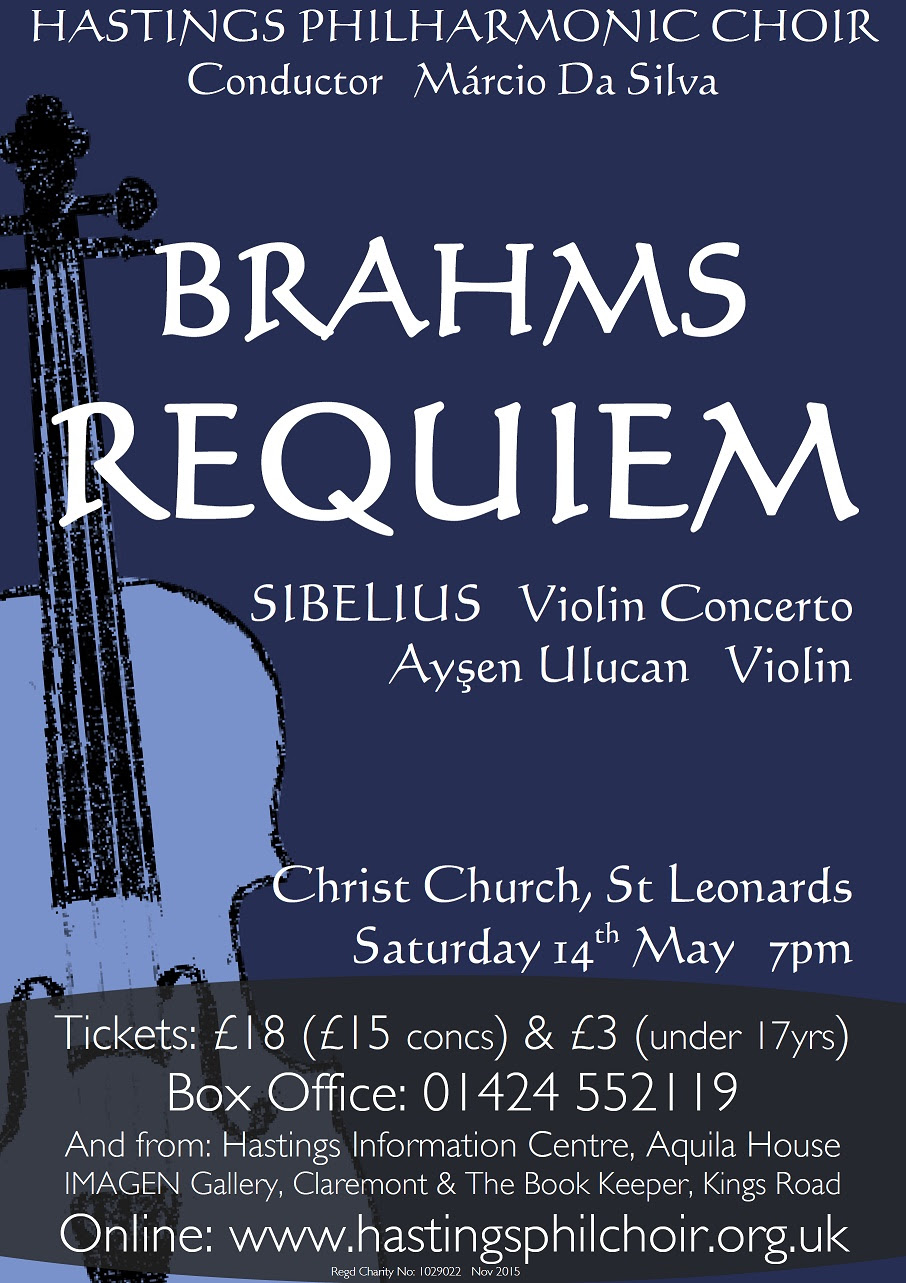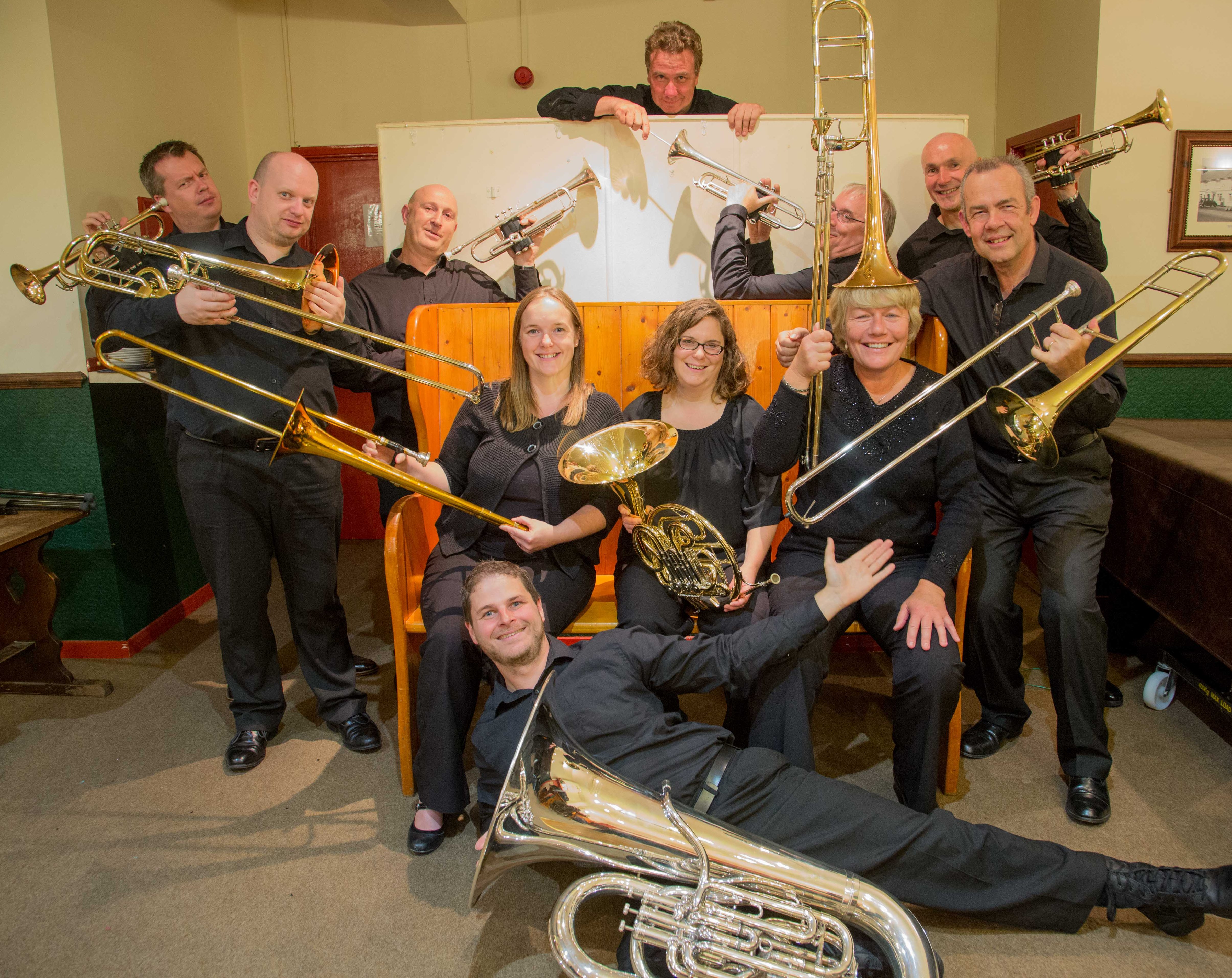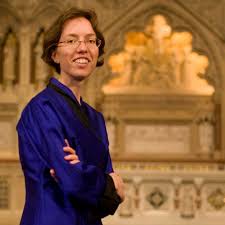White Rock Theatre Hastings; Friday 22nd April 2016
With the combination of celebrations for the anniversary of Shakespeare’s death and Verdi’s splendid music Macbeth was the ideal choice for the 2016 production, with Fraser Grant exploring the dark, politically intriguing, world of the play.
The soloist’s diction was first class and of course being sung in English helped the audience, but there were times when I found it extremely hard to follow the ensemble lyrics, although the harmonies and strength were thrilling. Returning to Opera South East, international soprano, Mari Wyn Williams, played the exacting role of Lady Macbeth superbly, opposite regular OSE baritone Peter Grevett as a deadly Macbeth. Rich bass Richard Woodall gave a strong performance as Banquo, managing an enormously long cloak with precision. He doubled as the white-coated doctor who wielded an enormous hypodermic needle. Benjie del Rosario, tenor, performed an admirable Macduff with soprano Talitha McIntyre-Burnie giving her first performance with OSE as the Lady-in-Waiting.
At the opening of act one, the coven of pregnant witches foretell the prophecy and the writing is on the wall – quite literally – the three paint white text onto the photographic paper backdrop in Gaelic! Fortunately for us there was a glossary for easy translation and for the finale the whole thing was pulled to a pile and revealed a back-drop in blue with a white cross marked SAOR ALBA – Scotland is Free. Brilliant. An impressive banqueting table was set up hiding the group of assassins and the final tearing down of the wall of corruption, with the bodies of Lady Macbeth and her husband left in the central pile, was amazing. Anne Lawson
LINK to video clip of Lady Macbeth siging at the sitzprobe (if you are on Facebook)

